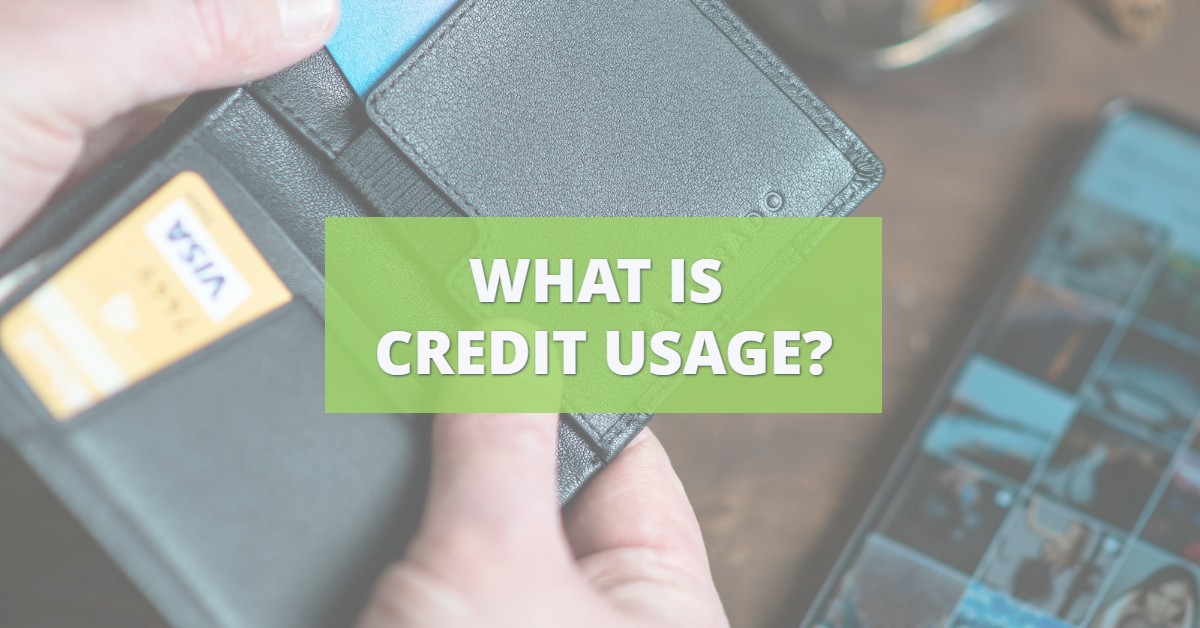Your credit score is key to gaining leverage. But usage is key to your score. So what is credit usage?
In simple terms, usage is the amount you have outstanding on your credit cards (and loans) compared to the maximum credit limit the banks have granted you.
Still confusing? Let’s break down exactly how credit usage works.
What Is Credit Usage?
Let’s look at an example with easy-to-follow numbers:
- You have a credit card with a limit of $2,000 and a balance of $1,000. (Aka, you’ve put $1,000 worth of purchases on this card. You’re allowed to put up to $2,000 on it.)
- This means your credit usage is 50% ($1,000/$2,000). So you’ve borrowed 50% of the amount you’re allowed to borrow.
How Does Usage Impact Credit Score?
The higher your usage, the lower your credit score.
In other words, the higher your balances compared to your available credit, the worse your credit score.
If you put a lot of purchases on a credit card, or take a lot from a HELOC or other line of credit, compared to how much of that credit you can use up, then it will negatively impact your score.
What is the Best Usage for Your Credit Score?
Ideal usage is 20% or less. However, ideal usage is not 0%.
You should always use some credit, but never all. To get ideal usage on our example credit card with a $2,000 limit, you should keep around $400 on the card.
Does Credit Usage Matter to Investors?
Usage is the number one factor that holds back real estate investors from getting affordable loans. That’s because usage makes up 30% of what determines your credit score.
Note: Credit usage is not the only factor in your credit score. 35% of your score is determined by how you make (or do not make) your payments. If you’re paying late, or not making payments at all, then you will not have a good score or find affordable loans.
What Is Credit Usage? – How to Learn More
Concerned about your credit? Want to learn more about your credit score and your investing career?
Check out our YouTube videos about credit.
Send us an email anytime with questions about your credit and real estate investing loans at Info@TheCashFlowCompany.com.









